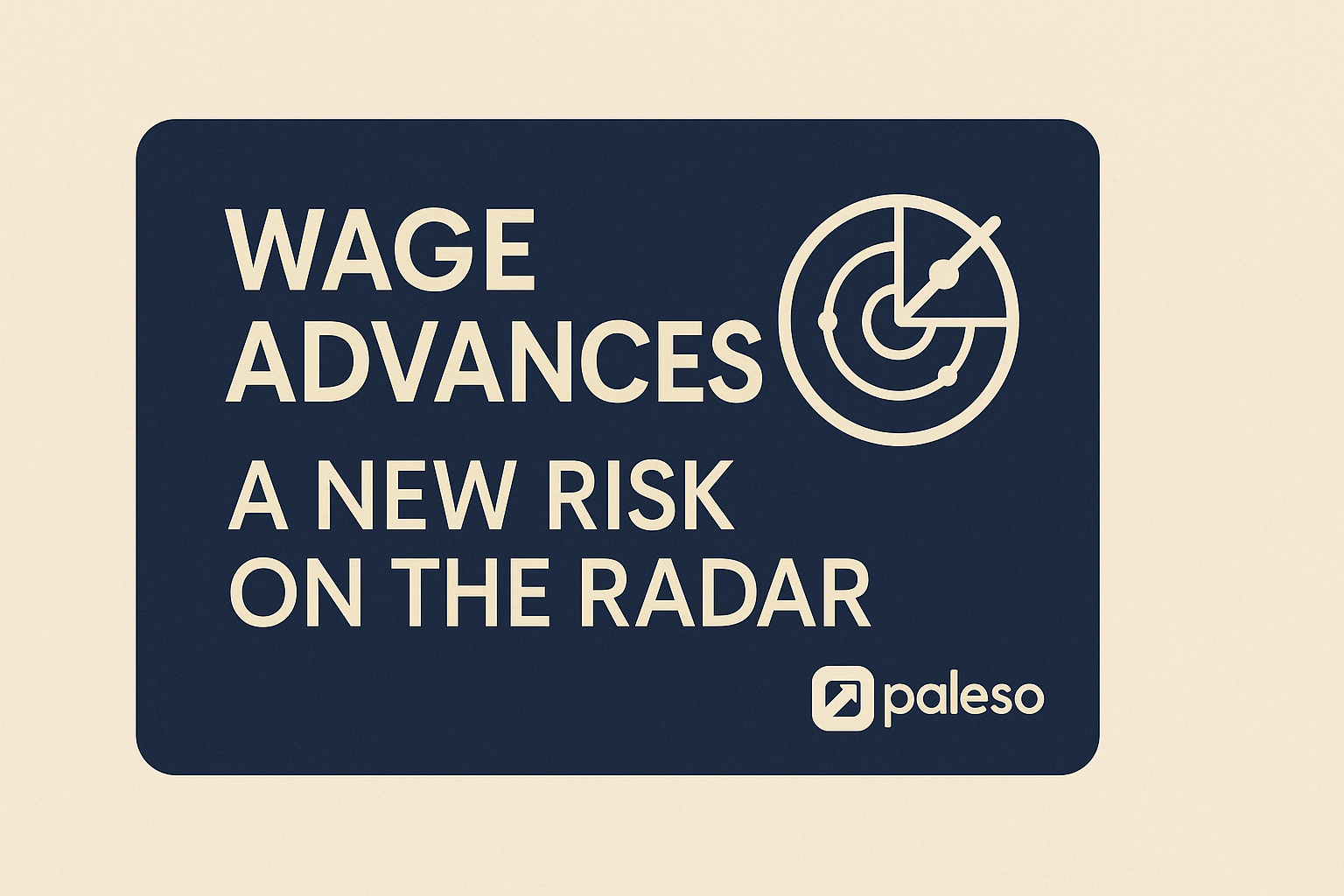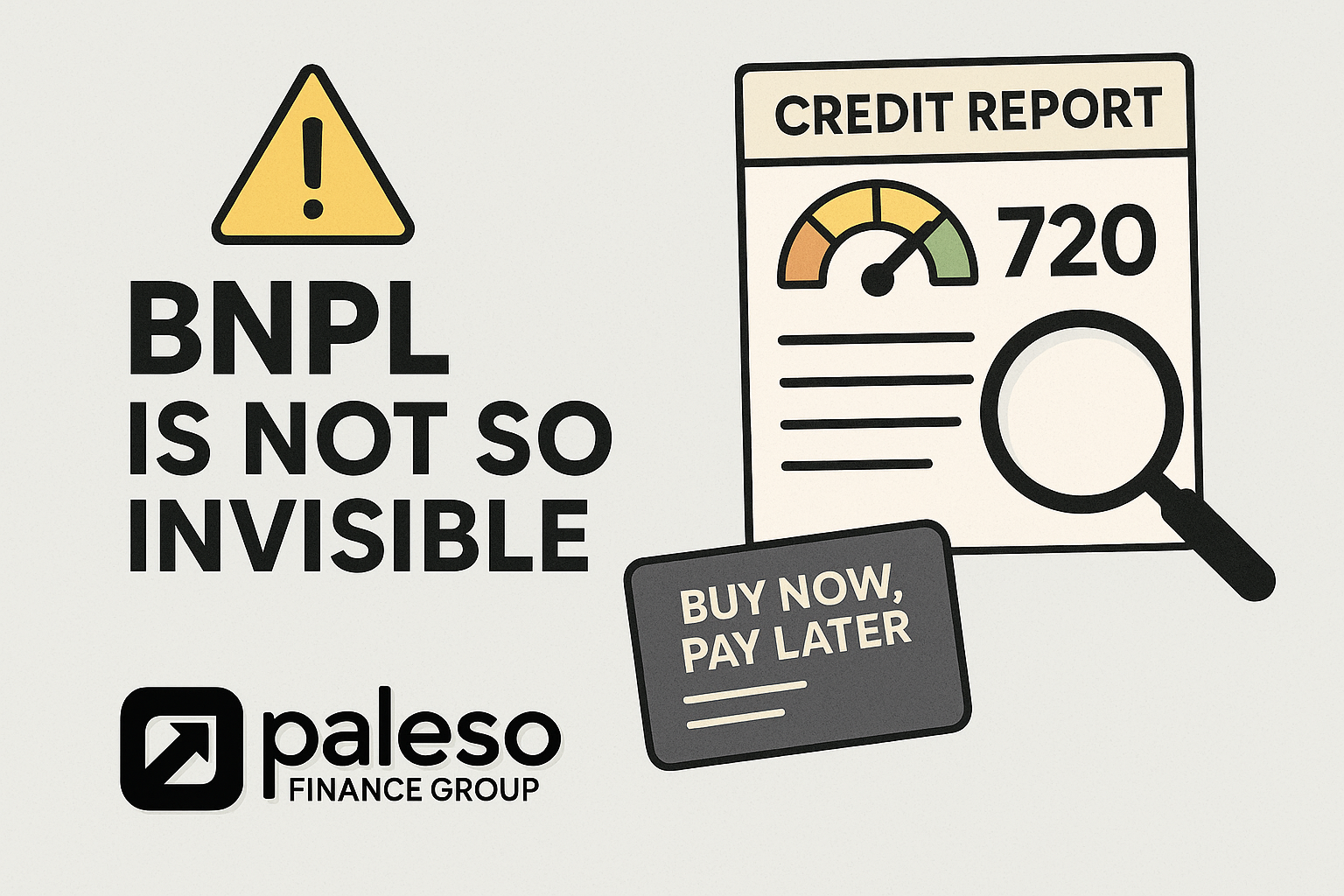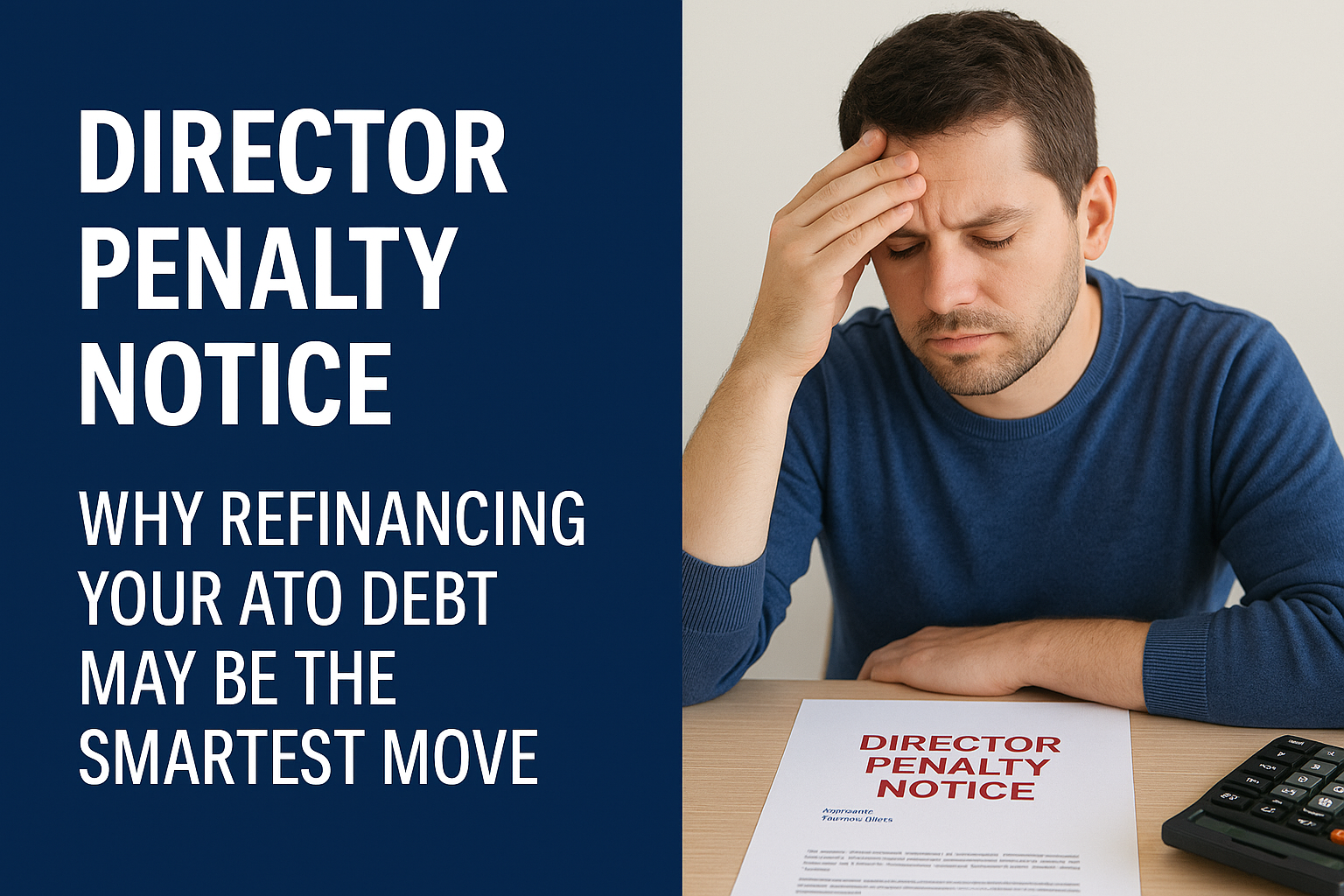Recently a good friend of mine – a smart bloke, mid 30’s with a good job, 2.5 kids, a nice new house and a very understanding wife (sorry Glenn) asked me over a beer. “What’s all the hype about the credit enquiries I make on my credit file, and why should I care, I’ve never had trouble getting finance, are they telling me I can’t shop around?”
I thought for a moment and realised this is a pretty hard concept to grasp. It goes against everything we have learnt from childhood; it is our right as consumers to shop around for the best deal. With the power of the Internet at our fingertips, shopping around has never been easier. Glenn is a frugal bloke, I’d almost suspect he knows where the first 10 cents he ever made still is, and I have personally seen shop keepers walk the other way when he comes in a store to save being pestered by him for just a bit more discount. This was going to be tough to explain to him why he can’t shop around and get the best bang for his buck.
As consumers we are programmed to look for the best price possible. Whether it’s pestering the car dealership to throw in a bonnet protector and floor mats with the new car we want or circling the specials in the Woolies catalogue, we all want the best we can get with what we’ve got. It forms the basic cornerstone of day-to-day economics, and yet here the lenders are saying if you dare to look outside the neighborhood and see if there is a better deal out there, you will potentially be persecuted.
Basically Glenn is 100% correct: the big 4, the mainstream finance companies, even niche lenders who use ‘credit scoring’ to decide if you are worthy of them taking a risk and lending you money, are saying “Yes we want your business and please apply with us, but No you can’t shop around and if you do you will be penalised”.
Lets go back to the beginning so I can explain what I’m on about, see how and why this happens, and what can be done about it.
Everyone has a credit file opened for you at a credit reporting agency called Veda once you make your very first request for credit – I suspect for a lot of the current generation this means that on your 18th Birthday, or maybe the day after, a credit file is opened with an enquiry for credit from a phone company for a shiny new iphone on contract. Your credit file stays with you for life, and is updated with information like current address each time you apply for any sort of credit (including phone contracts!), as well as a listing for each enquiry which details who you applied with, for how much and when. Since late 2017 some lenders (mostly the big ones) have started updating what they call "Repayment History Indicators" - every month they update your credit file with any active loans or credit cards you have with information relating to this history of the account, basically if it is up to date, in arrears, under hardship or now closed. The good thing, if you are a good payer, you now get rewarded with an increased credit score in exchange for the good payment history. This new history indicator system is a great step in the right direction for our credit file system, but it still isn't perfect and is very centered on the number of 'enquiries' on your file, and the types of enquiry.
An enquiry is simply that, an enquiry for credit, and here in lies the problem with a our credit reporting system. Every time you apply for credit, an enquiry is put on your file to show that you made that application. It doesn’t say if you got the credit, if you took the credit or if you currently have the credit, only that you applied. Each enquiry you make reduces your credit score, and the more in quick succession reduces the score exponentially. The type of enquiry also changes how much the enquiry reduces the score by. An enquiry for a mortgage is viewed alot less harshly than an enquiry for a pay day loan to pay your registration due tomorrow.
Statistical data compiled for decades has been pieced together by number crunching nerds and is now used to give each person’s credit file a score. The score is made up of all sorts of different points including how old the credit file is, if the file has any default damage and most importantly how busy the file is. In other words, how many enquiries have been put on the file or in real world terms, how many times you have recently applied for credit in the last 5 years. The more enquiries, the worse the score, its that simple.
Most major financiers utilise this ‘score’ along with other major points to decide if you can have a lend of their money. The slightest change in your score can mean the difference between a good rate and an awesome rate, or sometimes even an approval or a decline. A lot smarter people than me have devised the system and it is tried and tested on strong statistical data that has been derived from decades of cold hard figures, but it doesn’t take away from the fact that it plain and simply makes it hard for you to shop around for the best credit deal.
When you apply online for the special interest rate advertised in Saturday’s paper, plugging your information in to the financier’s website and getting an answer back in 60 seconds for that credit card promising 1% for 6 months balance transfer is having the computer access your credit file, put an enquiry on, get your ‘score’ and then having the computer use the score and the strengths and weaknesses of your application to decide if you get the green light or not.
Do that a few times to see which place will give you the best deal and suddenly your credit file is too busy and you can’t have anything, your ‘score’ will be too low and that is the end of that for a few months until your credit file settles down again. Does shopping around to get the best deal mean you are not worthy of credit? No, but statistically people who are applying at multiple places in quick succession are getting knocked back or having trouble, and since we use a reporting system that doesn’t clearly say if you got the credit or not, and not all lenders are reporting history monthly, the scoring systems choose to decline and follow the statistical history rather than excuse you for expressing your right as a consumer to search for the best deal.
So what do you do? You might research high and low for the best deal using mighty Google, choose the one you want, apply and get knocked back, not because your file is too busy, but because each financier has its guidelines, approval matrix and requirements, so on to the next place. Some financiers like casual employment, some don’t. Some like lending money on newer cars, some don’t mind how old it is. It’s a minefield, and for the average person who just wants to apply, get the best deal and move on, it’s too much to take in.
In essence this is one of the main reasons Brokers exist. We all have access to the same stable of mainstream lenders, a broker in Perth will have access to the same big brand finance as I do, and most likely similar deals too. A good broker is one who knows what to do with each application, knows intimately what each financier wants and doesn’t want and knows if you are likely to get an approval with a particular lender before it even gets put there. Our job is to know which ‘pigeonhole’ to put each application into, and there is one for nearly all applications, it just has to be researched and found.
Now going back to enquiries, if your broker knows what a lender wants, what its guidelines are and what deals they are offering, then really they should only have to put one enquiry on your credit file to get the best possible deal. It’s a win-win for the Glenn’s out there, the best deal, with one enquiry on your credit file rather than 5, and no credit file hangover. Even better, driven by consumer demand, most lenders allow us to get your rate with them without actually touching your file, meaning we can shop around for you with confidence, but it doesn't hurt your credit file!
Put your broker to the test, ask them where they want to send your application and why. If they can’t tell you an exact reason why the loan will fit the particular lender they want to go to then they haven’t done their research, and you could be one step closer to a busy credit file, and two steps closer to not getting the best deal that you deserve….or even worse a rejection due to your credit file being too busy.
I’ll leave you with this, for those of us who like to do things for ourselves it is certainly possible to do the research, to a point. Financiers are notoriously guarded with releasing their full credit buying criteria to the public, instead wanting you to apply with them and have the acceptance left in their hands. This suits them well, because if they are first cab off the rank you are more likely to have to take their offer as each subsequent request for a quote and acceptance is less likely to be in the positive due to the enquiries on your credit file starting to stack up. Good brokers know the credit buying criteria’s intimately. There is no smoke and mirrors. Chose the right broker and the best credit deal for you will soon follow.









